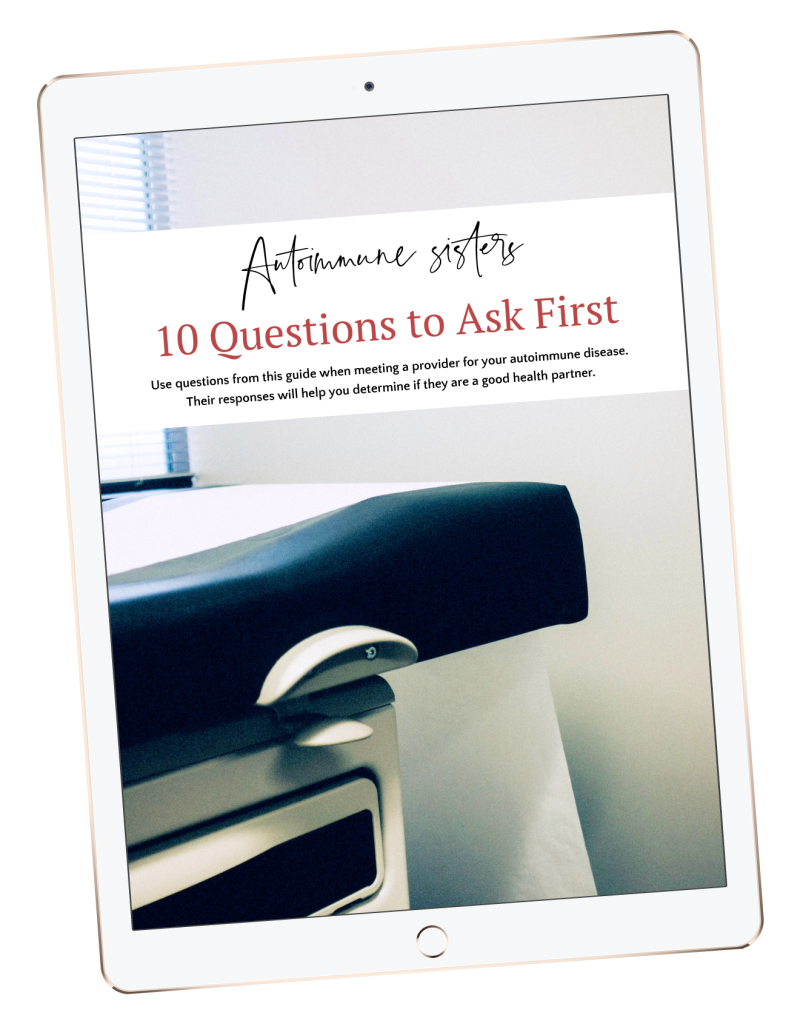Autoimmune Myocarditis – Autoimmune Myocarditis is an autoimmune condition in which the immune system mistakenly attacks the heart muscle. The inflammation caused by Myocarditis can affect both the heart’s muscle cells and the heart’s electrical system.
Myocarditis Symptoms
If it affects the heart’s electrical system is can lead to problems with the heart’s pumping function and to irregular heart rhythms. This autoimmune disease has a difficulty in diagnosis because some people autoimmune myocarditis have no noticeable symptoms.
- Chest pain
- Abnormal heartbeat
- Shortness of breath
- Fatigue
- Leg swelling
- Signs of infection (fever, headache, sore throat, or diarrhea)
Myocarditis Diagnosis
SPECIALISTS
- Add doctor
BLOOD TESTS
- Endomyocardial biopsy
MEDICATIONS
- Steroids: prednisoneand prednisolone
- Cyclosporine
- Azathioprine
- Muromonab-CD3 (a monoclonal antibody targeting CD3)
- Acyclovir
- Peramivir
- Ganciclovir
- Ribavirin
- Artesunate
Myocarditis Treatment
Immunosuppression is used in treatment of giant cell myocarditis.
The combination of steroids, cyclosporine, and azathioprine are commonly used.
High doses of immunoglobulin exert a beneficial effect in acute myocarditis.



